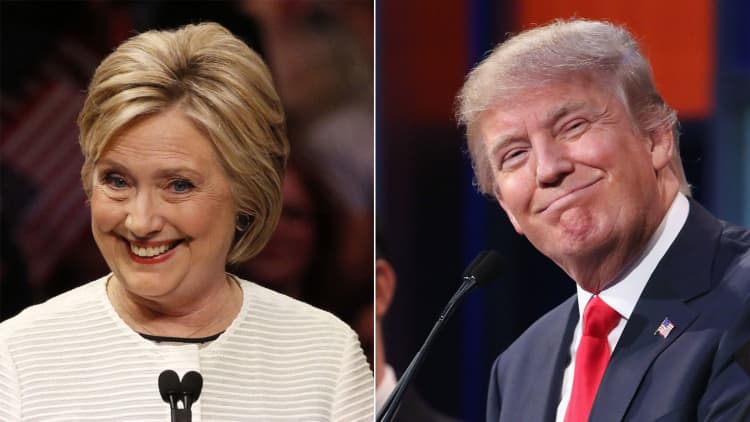Investors concerned that the rising trend of cord-cutting could cut into cable industry profits can breathe a sigh of relief, according to a new report from SNL Kagan, thanks to a rosy outlook for one particular segment of the industry.
The report, released Thursday, projects big gains in residential revenues for the U.S. cable industry over the next decade. But it's not because more people will sign up for pay TV packages, rather from a big uptick in broadband subscriptions.




The analysis comes amid a sea change in the industry, as consumers' viewing habits shift from watching traditional television to consuming media over the internet on streaming and mobile devices.
While cord-cutting is still happening across the nation, research firm MoffettNathanson notes that in the most recent quarter "the rate of decline stayed about constant versus the past couple of quarters," and that "while individual network numbers appear to be getting worse, industry aggregate cord-cutting numbers are not."
And as cable companies look to benefit from a flattening pace of cord-cutting and a projected broadband boost of 8 million subscribers over the next 10 years, media companies are quickly shifting the way their content gets delivered to consumers.
Last week, media giant Time Warner announced that it had acquired a stake in streaming TV service Hulu, which plans to offer a streaming bundle next year. Other Hulu investors include Disney, 21st Century Fox, and CNBC parent Comcast.
And Disney made news this week with its $1 billion investment in streaming technology company BAMTech, and a deal to bundle channels – including ESPN, which has lost millions of TV subscribers – within a new upcoming DirecTV over-the-top package.
In an interview with CNBC, Disney CEO Bob Iger said the BAMTech investment is a way for the company to hedge itself should the traditional TV bundle deteriorate. According to Iger, "if the business model that is supporting these great media properties starts to fray in any significant way, we have the ability to pivot quickly and put out a direct-to-consumer product that could either replace or supplant it."
If SNL Kagan's projections play out, moves by Disney, Time Warner and others to deliver content over the internet could prove to be wise as more consumers connect to broadband and gain the ability to stream.
Devour the full season of "Binge" with Carl Quintanilla here.



